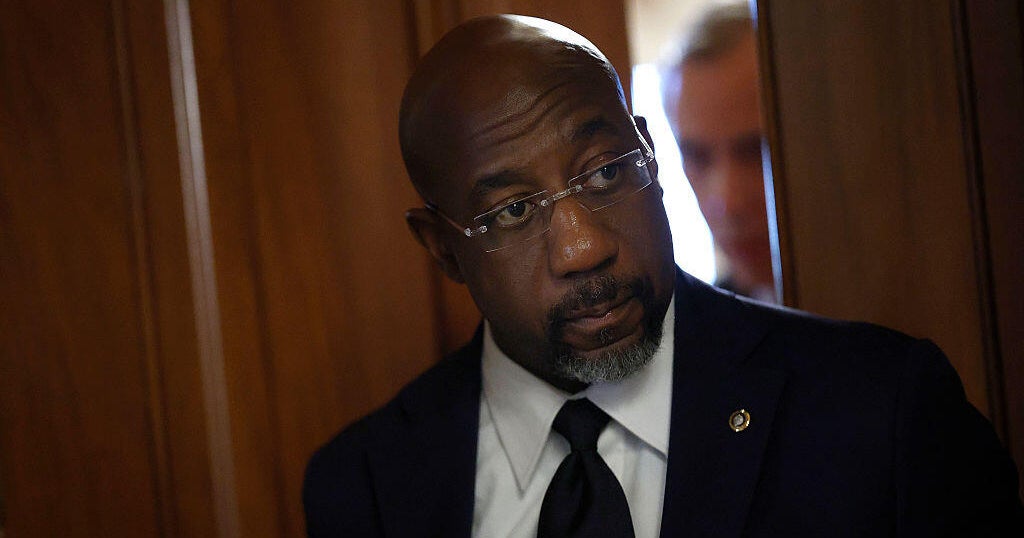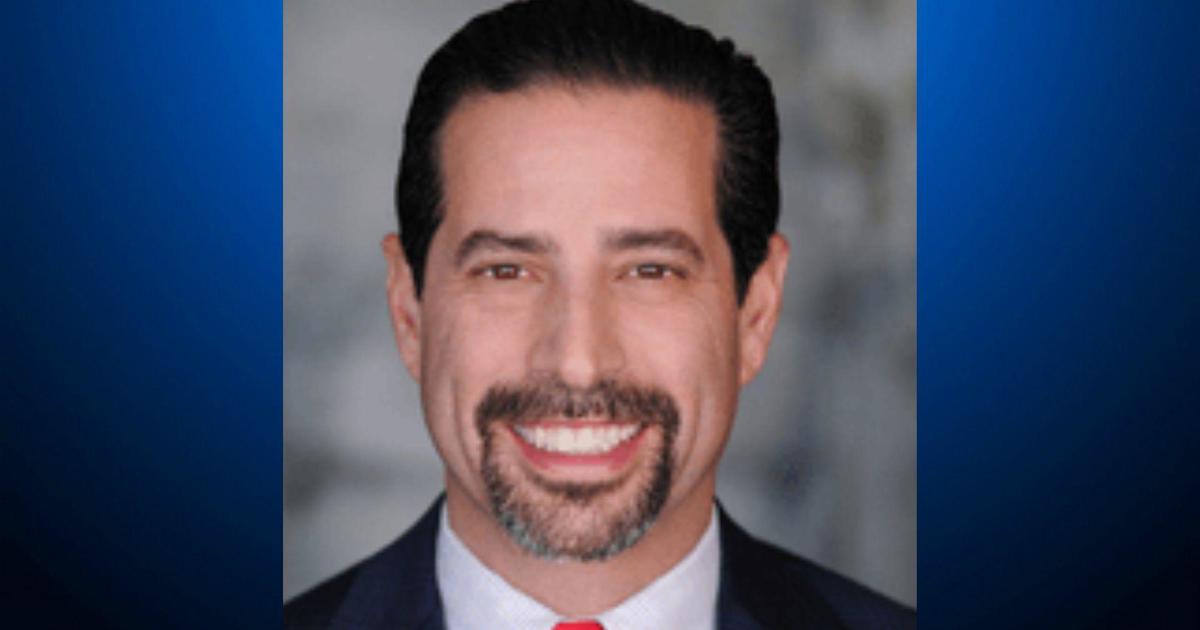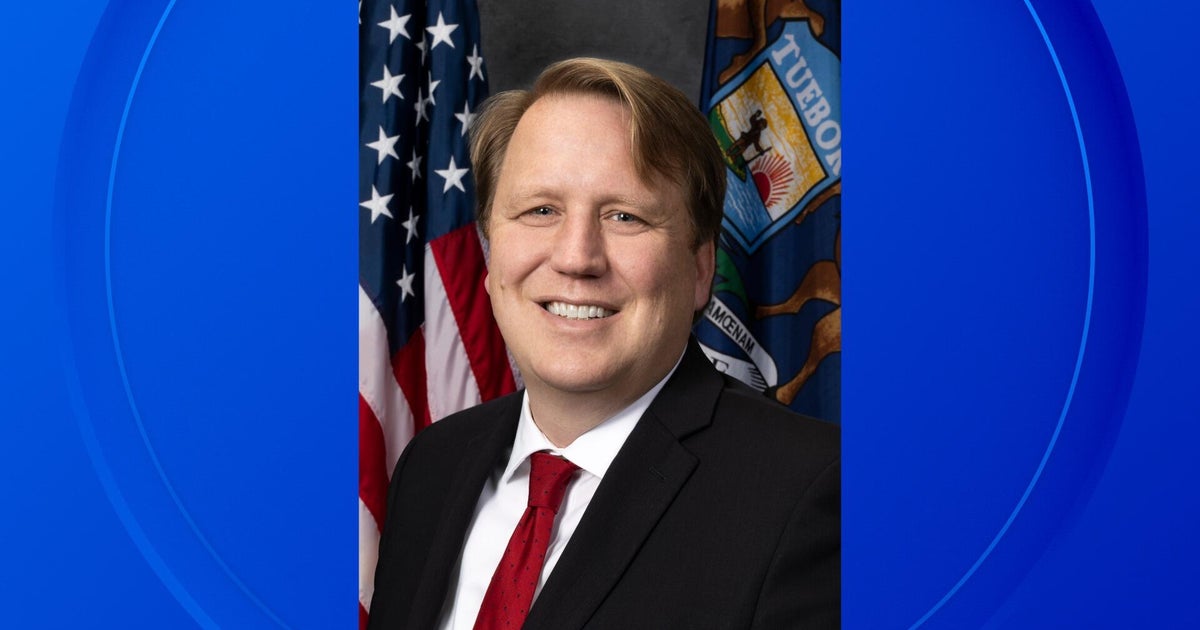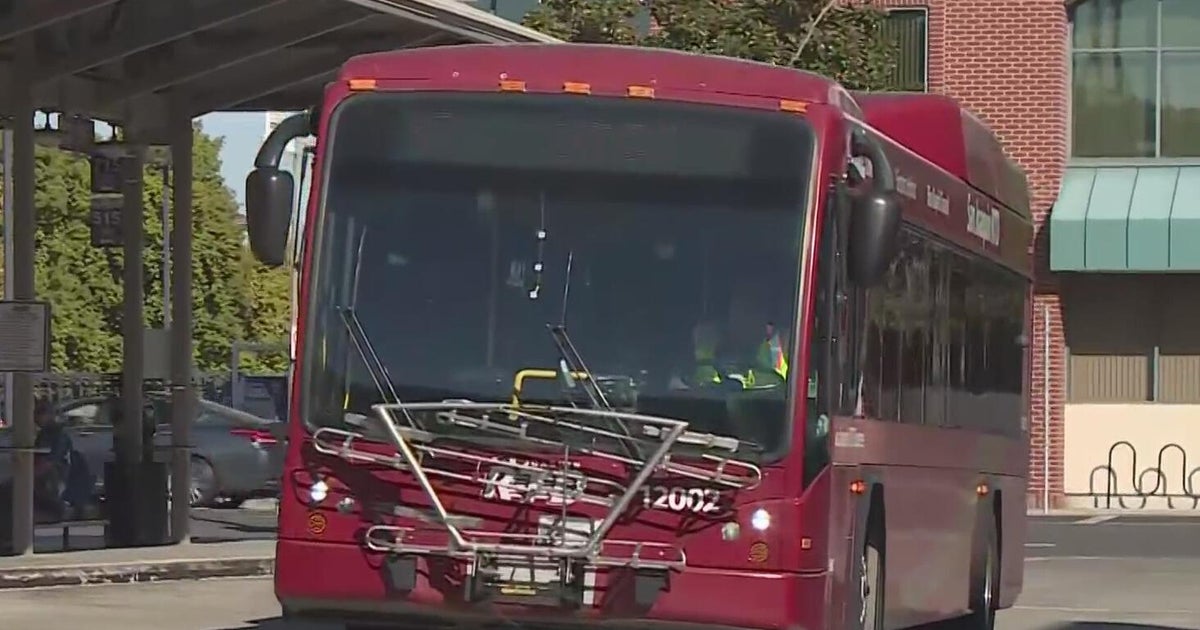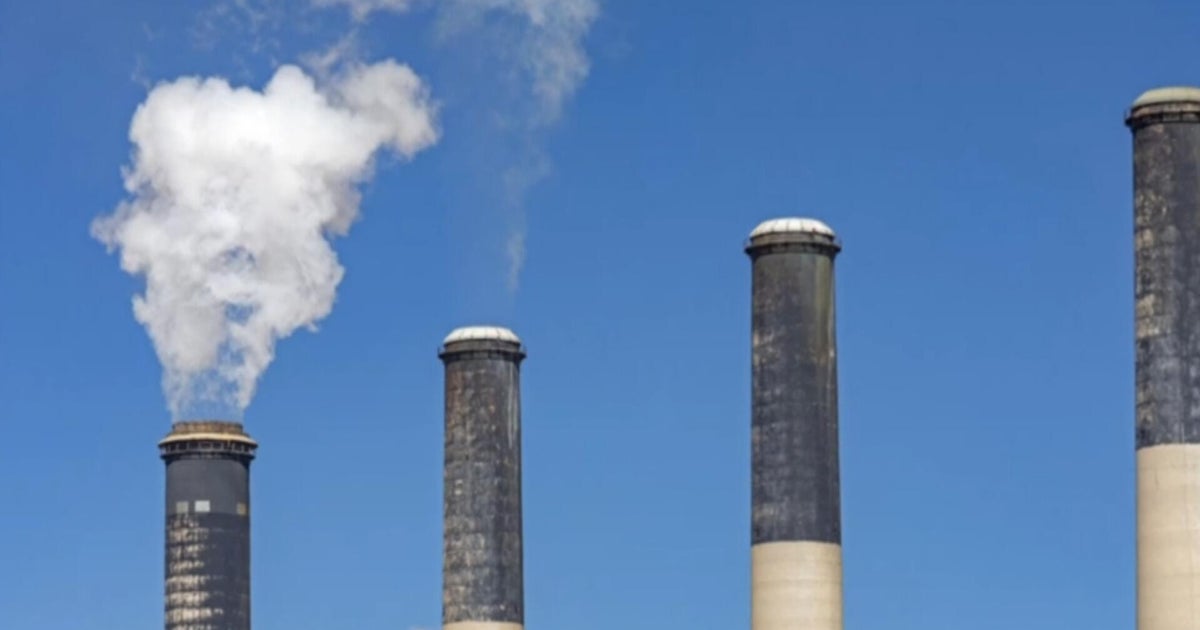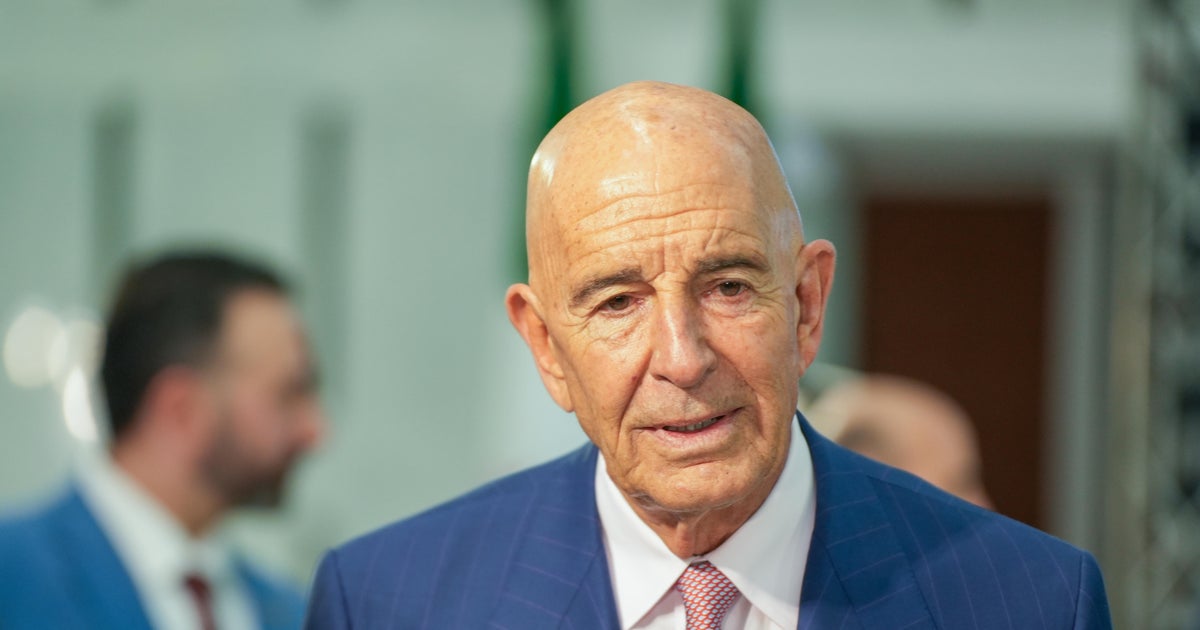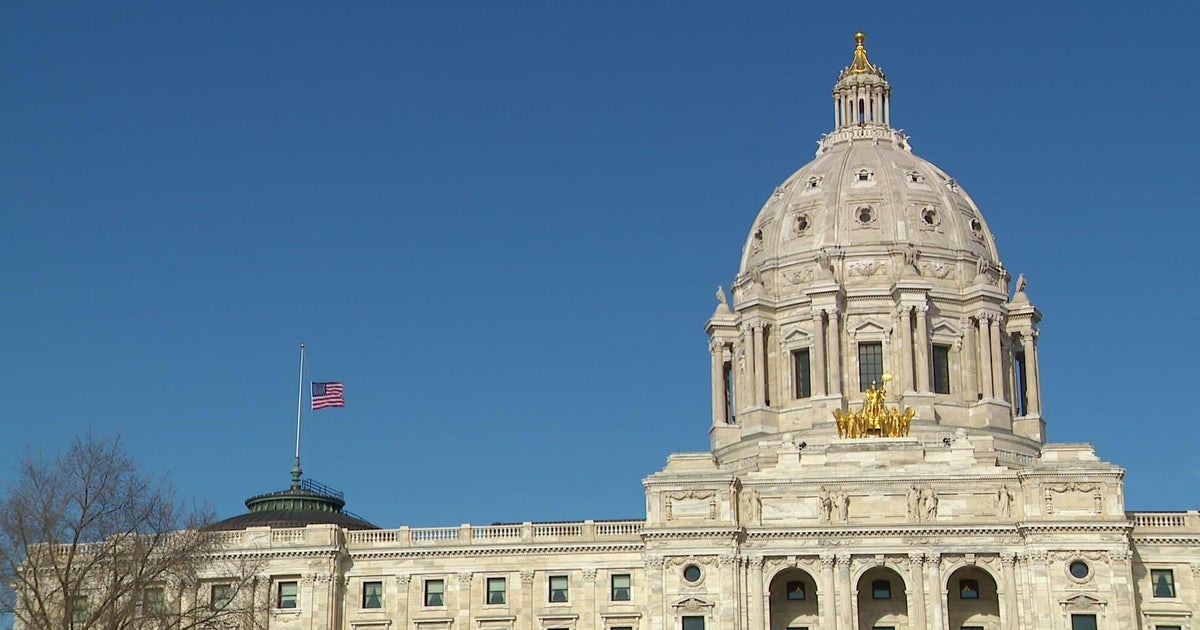San Francisco supes unanimously move to decriminalize psychedelics
SAN FRANCISCO – The San Francisco Board of Supervisors unanimously passed a resolution at its meeting Tuesday to decriminalize psychedelics like psilocybin mushrooms and ayahuasca.
Sponsored by Supervisors Dean Preston and Hillary Ronen, the measure calls on police to consider entheogenic plants as "amongst the lowest priority" for penalties, and asks for city criminal justice resources to not be spent on individuals using psychedelics. The resolution also advocates for the decriminalization of entheogenic plant practices on a state and federal level.
The city's Police Department has not explicitly laid out policy regarding entheogen use, leaving those who use them vulnerable to arrest or persecution.
There's a growing movement across the U.S. to legalize some or all entheogens—things like mescaline from some cacti, the root bark of the iboga shrub and psilocybin from certain mushrooms—as some say they carry healing and spiritual properties. The resolution cites various studies that show the potential these substances have for those with mental health illnesses and those in recovery of opioid and methamphetamine addiction.
San Francisco is following Oakland, Santa Cruz, Denver and Seattle, among other jurisdictions that have initiated the decriminalization of these plants and fungi.
"San Francisco joins a growing list of cities and countries that are taking a fresh look at these plant-based medicines, following science and data, and destigmatizing their use and cultivation. Today's unanimous vote is an exciting step forward," Preston said in a statement.
The measure's passage closely follows state Sen. Scott Wiener's failed bill to legalize the possession and use of small doses of certain psychedelic drugs like MDMA, LSD and ketamine in California. The legislation, Senate Bill 519, was scaled back to a study to be produced in a year. Wiener said he plans to reintroduce the bill in 2023.
"Psychedelic drugs, which are not addictive, have incredible promise when it comes to mental health and addiction treatment. We are not giving up," Wiener said in a statement after the decriminalization aspect of his bill was removed in August.
City officials have recently pushed for more drug policy reform—also on Tuesday, supervisors released an ambitious plan to tackle the city's rise in fatal overdoses, which notes utilizing safe consumption sites. In response to Gov. Gavin Newsom's veto of legalizing a safe consumption pilot program in leading California cities, Mayor London Breed and others said they would charge forward with harm reduction services anyways.
And historically, San Francisco was a leading force in legalizing another substance across the nation, cannabis.
Decriminalize Nature, an advocacy group seeking an end to the war on entheogenic plants, said there's an "unmet need" for people with addiction, anxiety, PTSD and other mental health disorders to use these plants for medicinal purposes. The group has been a strong proponent in decriminalization policy in San Francisco since 2018.

